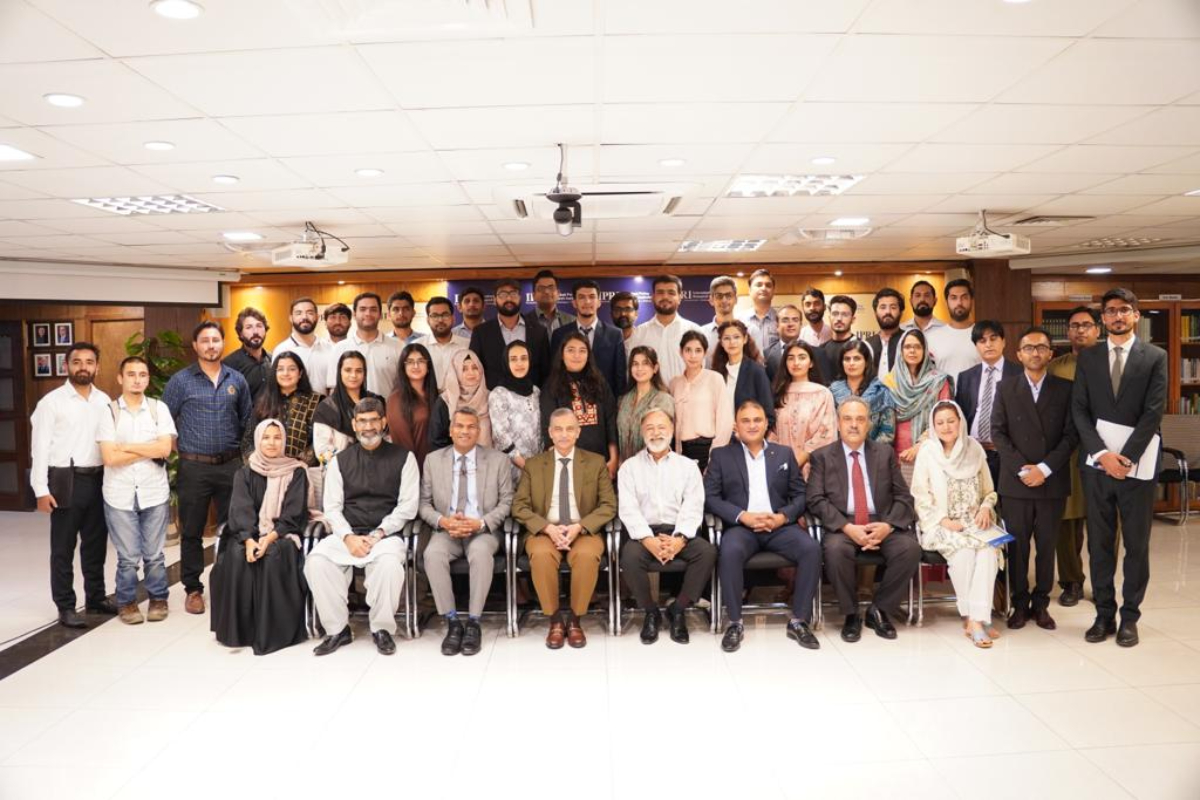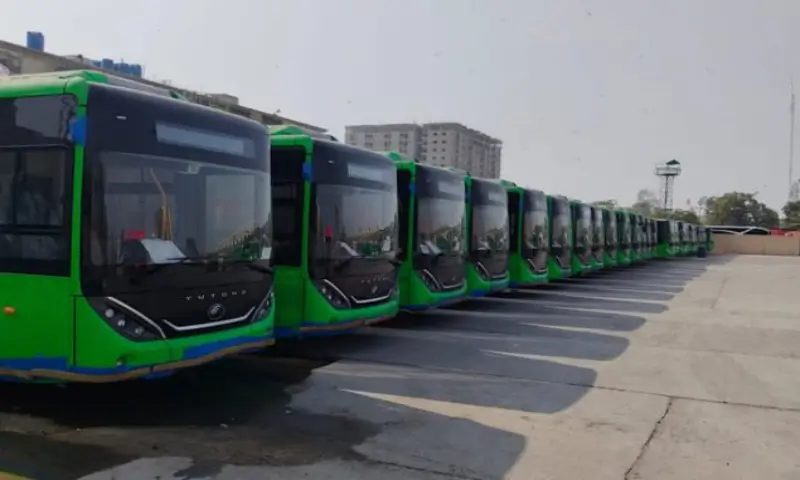ISLAMABAD: The Islamabad Policy Research Institute (IPRI) organised a two-day Autumn School on September 27 and September 28, under the theme, “Contemporary Economics”, a statement said.
More than 50 students and practitioners were shortlisted for the course from educational institutions across the country, it added.
IPRI President Ambassador Dr Raza Muhammad (Retd) opened the school and urged the need for brainstorming on concepts and perceptions in economic discipline, which lies at the heart of policy making in any state unit.
He discussed the necessity that the IPRI felt to disseminate economic education and to analyse it in a changing world of technology and cryptocurrencies.
Economic Security Chair Dr Aneel Salman lectured on “Reinterpreting Economic Growth of Pakistan: Parables and Realities”, whereas Khurram Ellahi Khan spoke on “Iqbal as an Economist”.
Dr Sajid Amin discussed “Complexity in Pakistan Economy,” Khursheed Yusuf on “Leadership Economic,” and Syed Murtaza Abbas on “Fintech and Cryptourrencies.”
The discourse was supplemented with a rich input from the audience, and students spelt out their state of mind and raised pertinent questions.
The autumn classes pondered as to why the obvious economic problems are ignored, and where do the policy-makers fumble.
Similarly, the concept of Black Swan and Grey Rhino was studied at length to draw parallels in the system in vogue, and as to how exigencies shape policies and their responses.
Sustainable growth, job market in Pakistan, slow pace of poverty reduction and an unfair distribution of resources were studied at the two-day sessions.

It was pointed out that Bangladesh, China and India’s high growth leads to saving, which is an asset for the economy and social mobility.
Likewise, foreign direct investment (FDI), reforms in the agriculture and Macro, Small and Medium Enterprises (MSME) sectors, as well as population growth were discussed to elicit a forward looking approach.
During the sessions, it was said that Pakistan has a consumption-based growth, degenerating industrial sector, as well as a shift from agriculture to services marked with low productivity.
The participants recommended controlling population growth; invest in human resources by increasing social spending; stress on SMEs; promote female labour force; focus on economic inclusion and shift the macroeconomic focus from stability to sustainability.
Securities and Exchange Commission of Pakistan (SECP) Joint Director Syed Murtaza Abbas in his lecture on fintech and cryptocurrencies dilated upon the global financial crisis of 2008, and how it exposed serious problems and weaknesses in the financial regulation and supervision.
The increasing complexity of the global regulatory framework, growing regulatory reporting requirements and the risk of costly penalties as a result of tightening post-crisis standards have contributed to higher compliance costs in financial institutions.
By creating new investment opportunities for existing financial institutions, banks or lending institutions and insurance companies are shifting their base of business.
The trend is investing and buying out fintech companies as part of investment portfolio, and some are also sponsoring fintech incubators to create investment opportunities, Abbas remarked.
The way forward predicted was that financial regulators can allow the development of cryptocurrencies through the “Regulatory Sandbox Approach”.
This approach allows live, time-bound testing of cryptocurrencies under a regulator’s oversight in a controlled environment to assess their viability to be launched on full-scale.
The autumn school learnt that technology is the new ideology of big business, and data has become the most valuable asset.





















